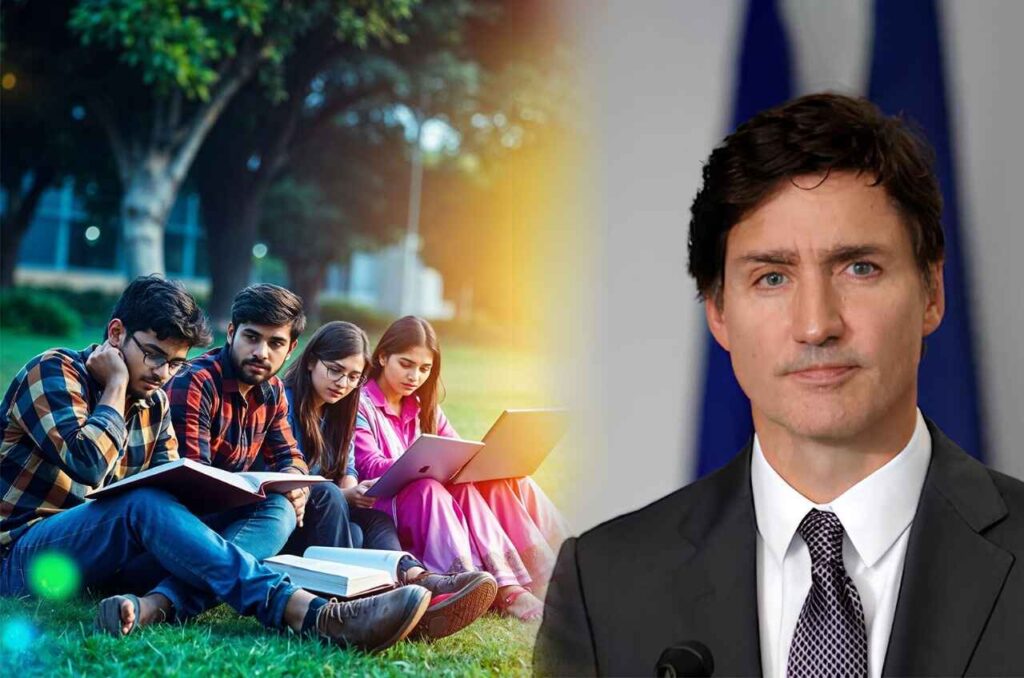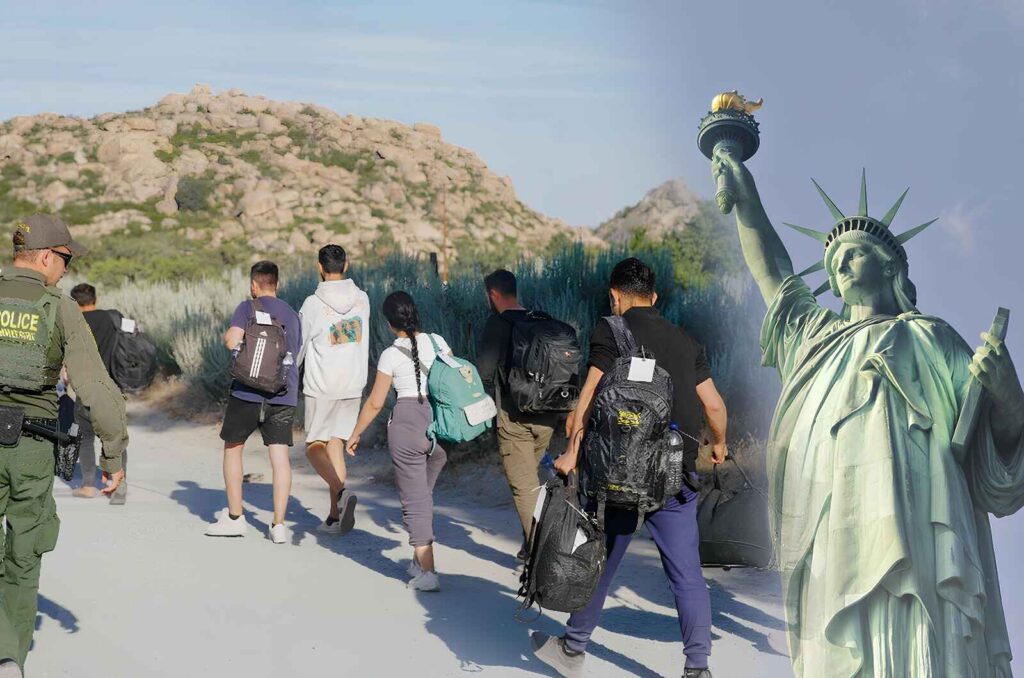There is a sea change in how marriages were done in the past to now. In the past, these commitments were made by parents and guardians, with those who will be tied in a knot having little to no idea until the day of their marriage. Qualifications, monthly earnings, or financial status mattered little, provided the hearts were connected.
With time, financial and material benefits have taken precedence over connections of hearts as marriages take place. Emotional decisions have given way to mature planning and arrangement. To say the least, marriages, today, are nothing short of business tie-ups wherein the financial balance sheet is checked rather than “Janam Kundli.”
Since the whole scenario of marriage has changed, so do the immigration rules on spousal visas. Rules that were once almost non-existent have a detailed formal shape now. Earlier there was much freedom to live and work for spouses of temporary residents coming on student visas, now qualification of both matters.
Also read: From ‘I Do’ to ‘I Deal’: When Marriage Crosses Borders for Bucks and Immigration Goals
Spousal Work Permission Passing a Decade of Change
New Zealand was the first country that implemented working restrictions for spouses of immigrants on student visas. Nearly a decade or so back, work permission was available to spouses of international students pursuing a specific level of education, not just a diploma. But, now, this freedom is available only to those who are studying an eligible level 7 or 8 qualification or any level 9 or 10 qualification. New Zealand’s neighbour Australia found this rule sensible enough to be adopted and followed suit. The UK and Canada too were much more liberal in allowing freedom to spouses of student visa holders.
In the last 10 years, all the countries have brought in a significant shift in the student-dependent visa and in the permission they have to work. Just like the meaning of marriage has changed and we want our spouse to be qualified, developed nations too want to give work permission to qualified people only. The rules that only those pursuing master’s or advanced degrees can bring their spouse and they can be allowed to work reflects this changing scenario.
Giving More Importance to Master’s or Advanced Degrees
With so much liberty available to spouses of student visa holders, it was considered the easiest way to immigrate. This de facto method has been used and exploited so much that governments of all major economies have been forced to frame policies to remove this facility. Liberty calls for increased responsibility, but more often we throw caution away. The big changes announced by Canada for international students are a lesson for everyone.
Countries like Australia, the UK and the USA have already framed rules about how spouses or common-law partners can accompany a person moving on a student visa. However, Canada had been quite liberal on working permissions for spouses, but, a significant policy shift happened on January 22, 2024.
Spousal Open Work Permit (SOWP) has some new rules which became effective on March 19, 2024. Previously, partners of students enrolled in any graduation programmes were eligible to work in the country, but now this eligibility remains only for spouses of master’s and doctoral degree students. Immigration consultants in Gurgaon can guide you with more details and help you in finding other feasible options to immigrate to Canada.
What if Your Spouse is Not Eligible to Work?
International students coming for the bachelor’s programme can bring their spouses as dependents, however, they will not be able to work. The way out is, that the primary applicant can either pursue a higher degree (master’s or doctoral programme) or enrol in professional programmes on which work restrictions for spouses do not apply. If the spouse is not eligible for an open work permit they may apply for other types of work permit.
At this juncture of life, living together is important in itself, so, even if the spouse is not working yet staying together, can be good enough. Plan properly and early is our advice to those who want to study overseas. Early preparation will prevent us from making wrong decisions. If we think that we can exploit a rule and the government will not get to know then it is our misunderstanding. As for the current situation and new rules, we will have to adopt our approach accordingly.
The Takeaway
Canada has always followed an open-door policy for qualified and capable people who can contribute positively to their economy. It applied even to those coming as dependent on primary applicants. New rules are a result of the demand for qualified people to work and live in the country.
It is conceivable that in the future, people may increasingly scrutinise each other’s qualifications before entering marriage, driven by a growing practicality. To pursue immigration through marriage, having the necessary qualifications may become a prerequisite. While practicality is understandable, adhering to regulations can help prevent potential complications and legal issues. In case you need assistance in this regard you can contact Canada PR immigration consultants in Gurugram.


